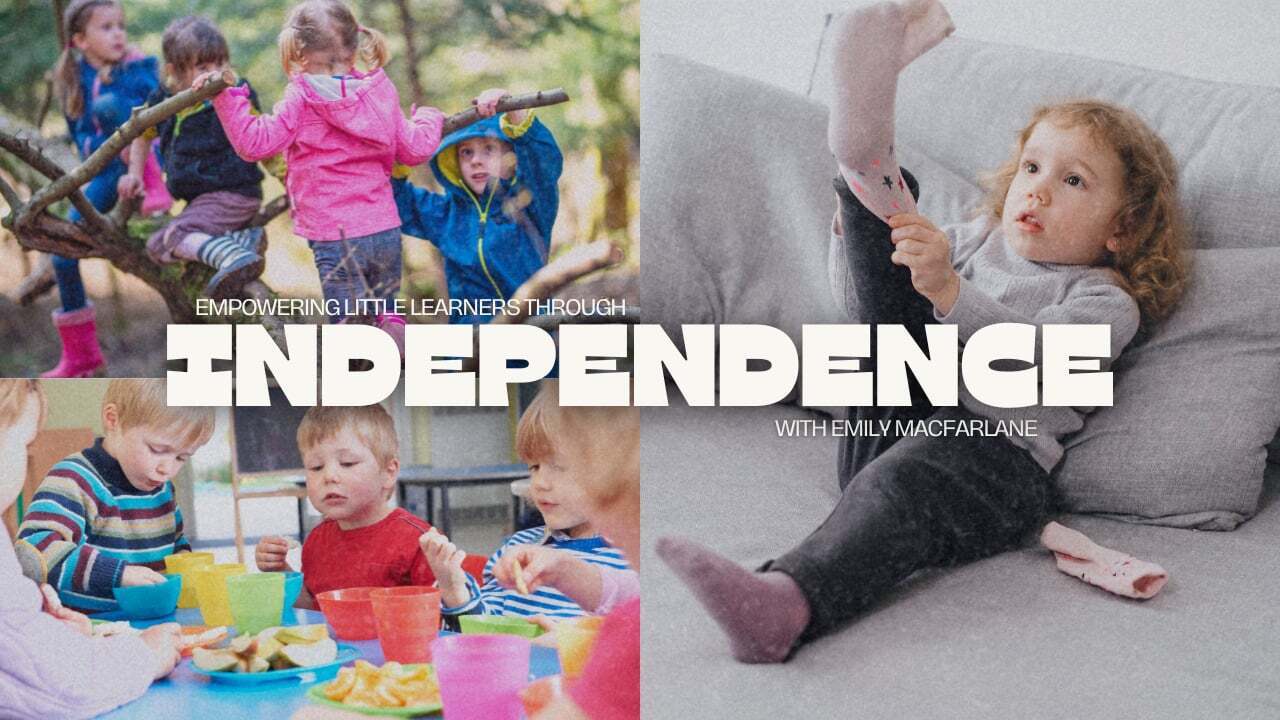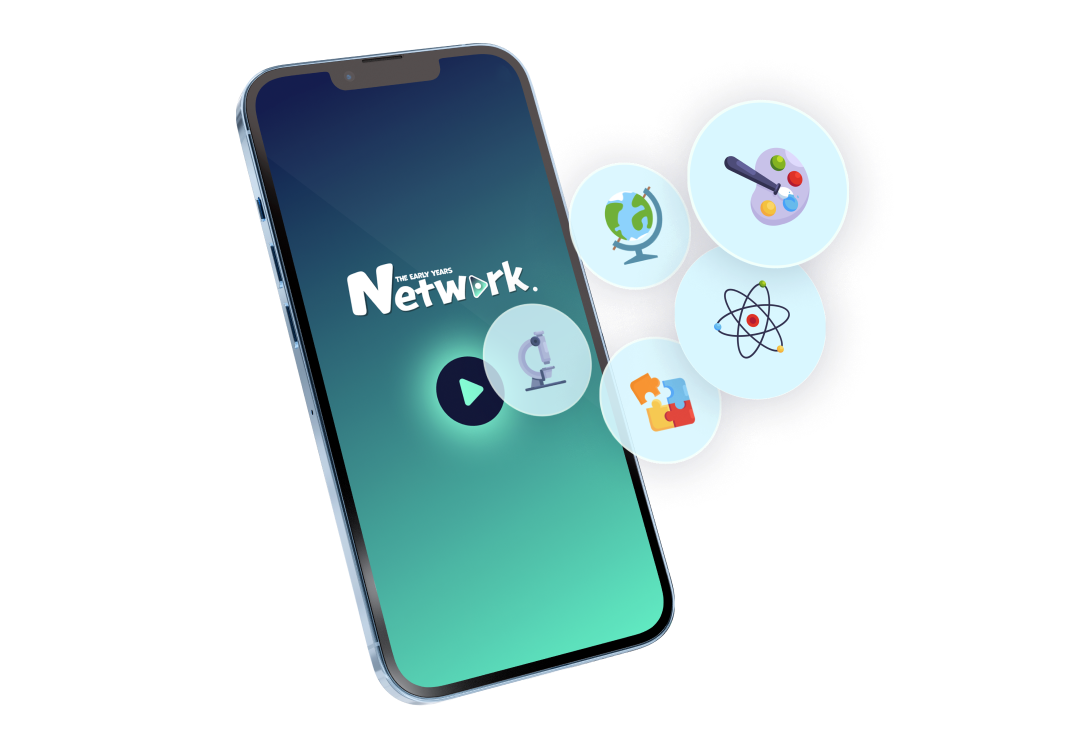6. Designing Our Environments To Inspire Independence
06:18
In this lesson, we explore the crucial role of learning environments in promoting independence, exploration, and lifelong enthusiasm for learning. A well-designed environment not only supports independence but also empowers children to engage in self-care activities, take calculated risks, and participate actively in their own learning journey.
A thoughtfully crafted environment serves as a canvas for children to navigate and explore independently, fostering a sense of autonomy and confidence. With accessible materials and age-appropriate tools, children are empowered to engage in self-care activities such as dressing themselves and managing personal belongings, promoting self-sufficiency and responsibility.
Moreover, promoting risky play within reasonable safety parameters allows children to take calculated risks, fostering resilience, decision-making skills, and a healthy sense of adventure. By providing opportunities for exploration and discovery, the environment encourages children to embrace challenges and develop problem-solving abilities.
As educators, it's essential to ensure that our learning environments inspire both us and the children. Reflecting on the layout and design of our spaces, we consider whether they encourage independence and autonomy. Are there ample opportunities for children to engage in self-directed exploration? Is the environment cluttered, or does everything have a designated home? Creating organised and accessible spaces enables children to feel empowered to access resources independently, fostering a sense of ownership and agency.
In this lesson, we will explore practical strategies for creating environments that enhance independence, from promoting self-care activities to embracing risky play within safety parameters.
Outcomes for Practice:
- Reflect on the inspiration provided by your learning environment and its impact on children's independence.
- Assess the ways in which your environment allows children to engage in independent activities.
- Evaluate the organisation and accessibility of your learning spaces to promote independence and autonomy.
- Implement strategies to enhance the environment to inspire independence and self-directed exploration in children.






